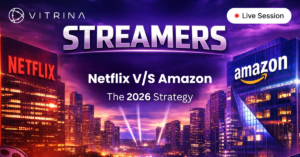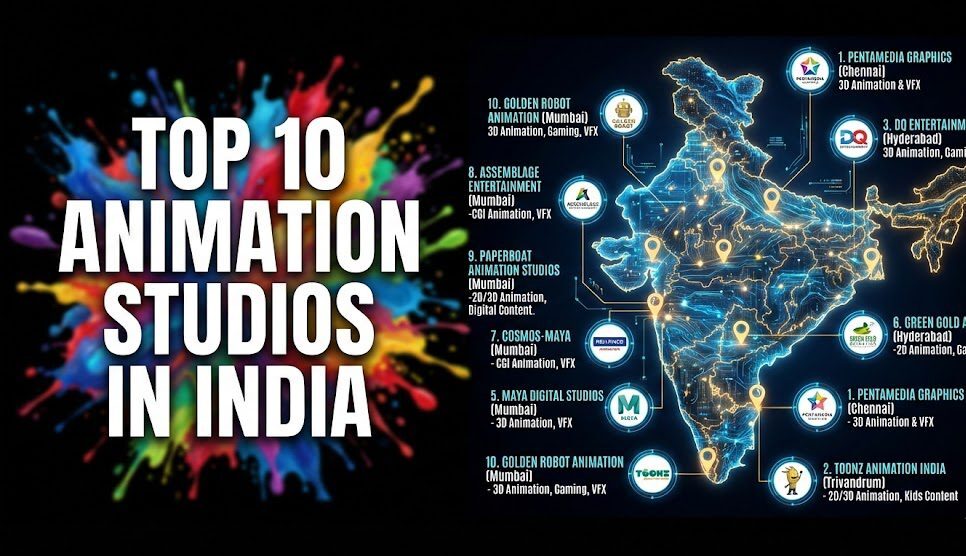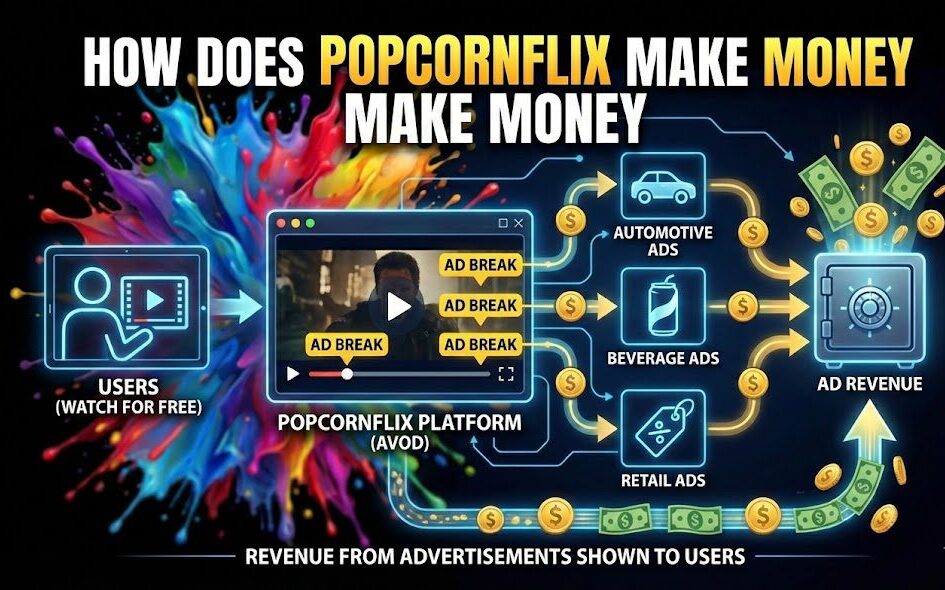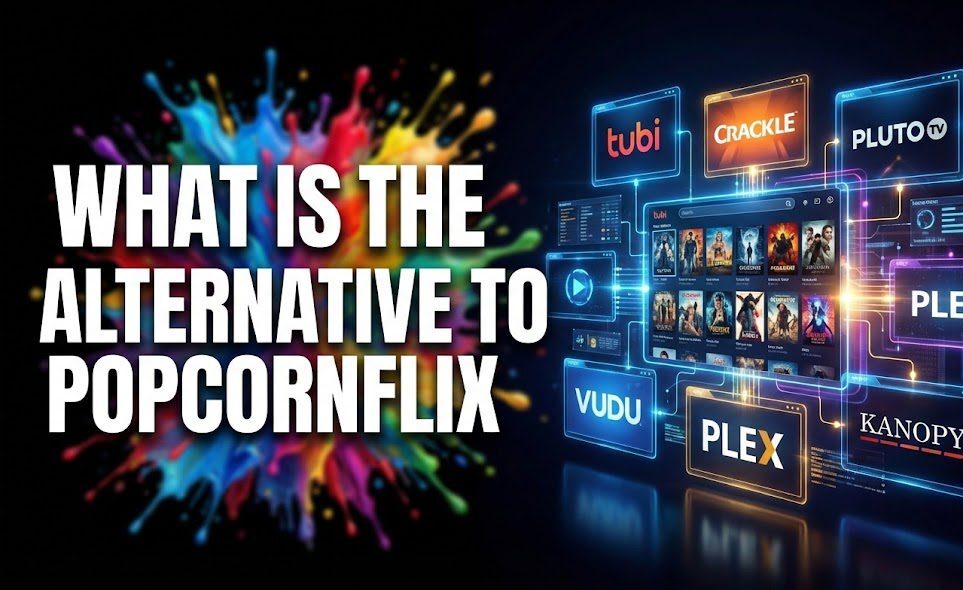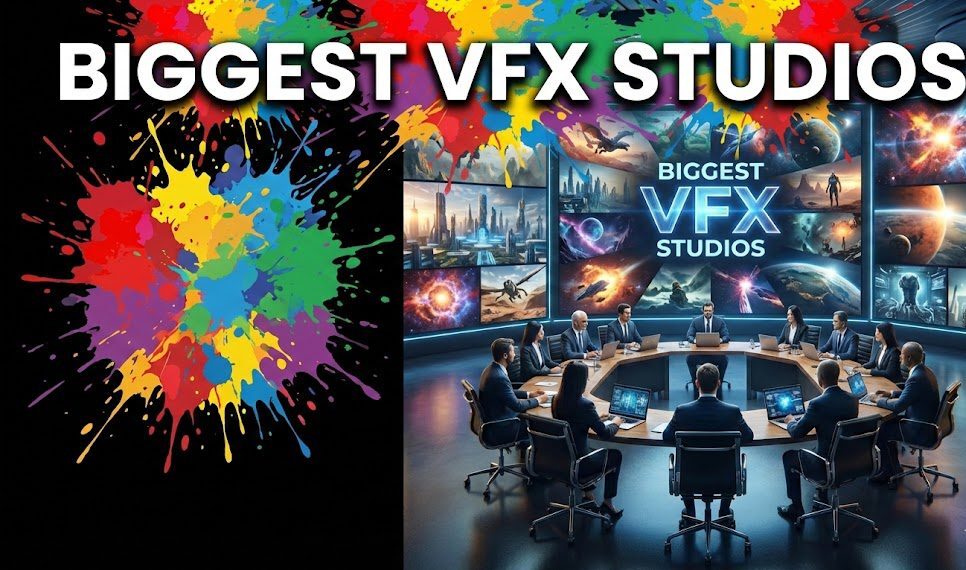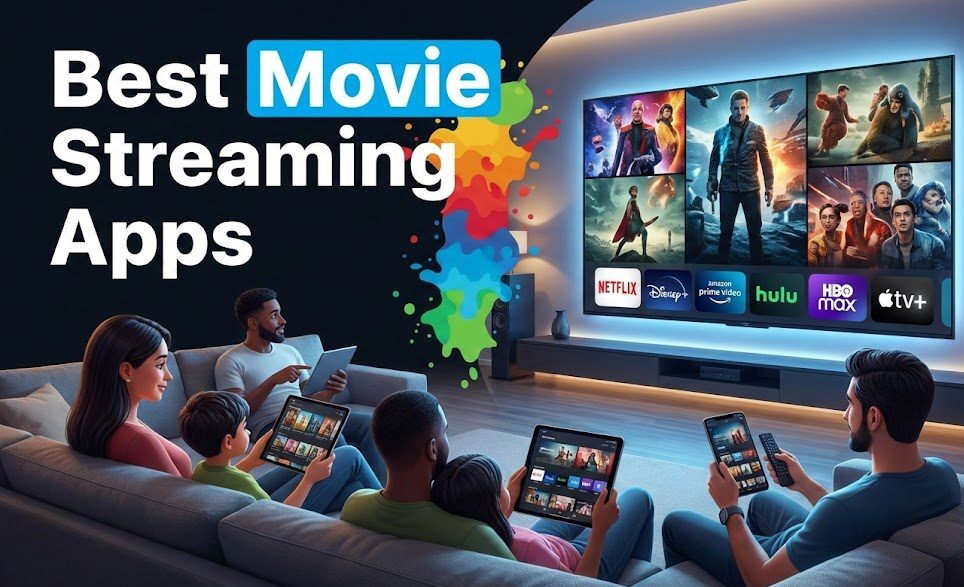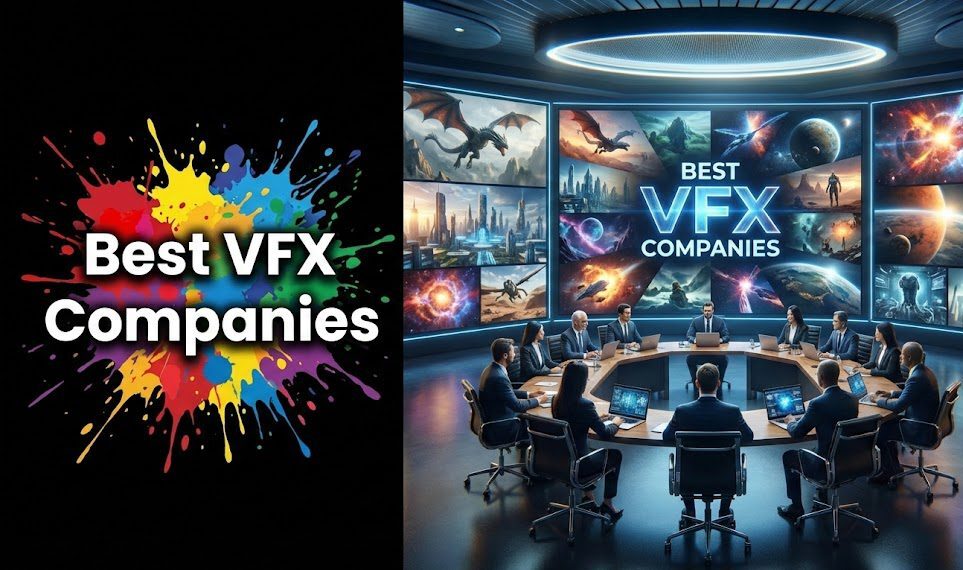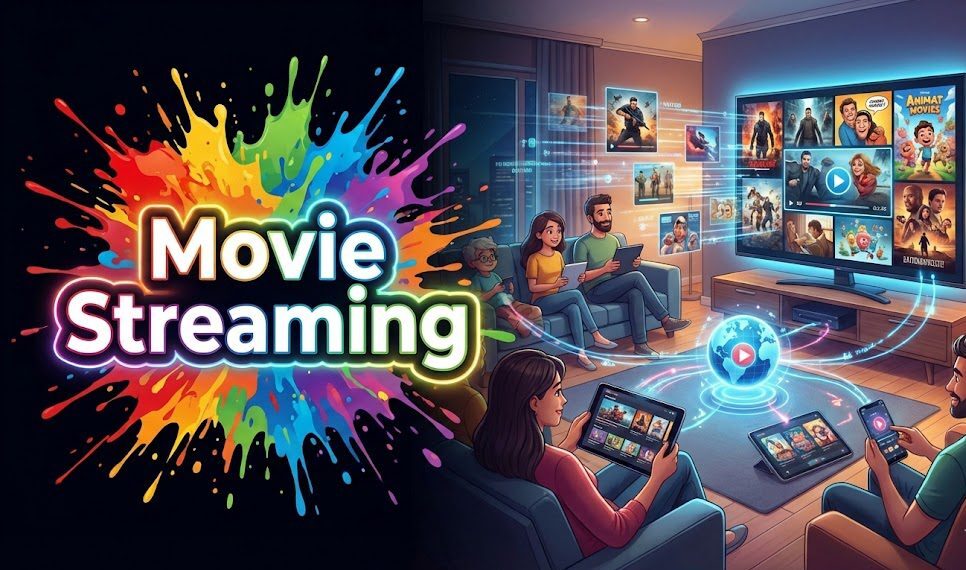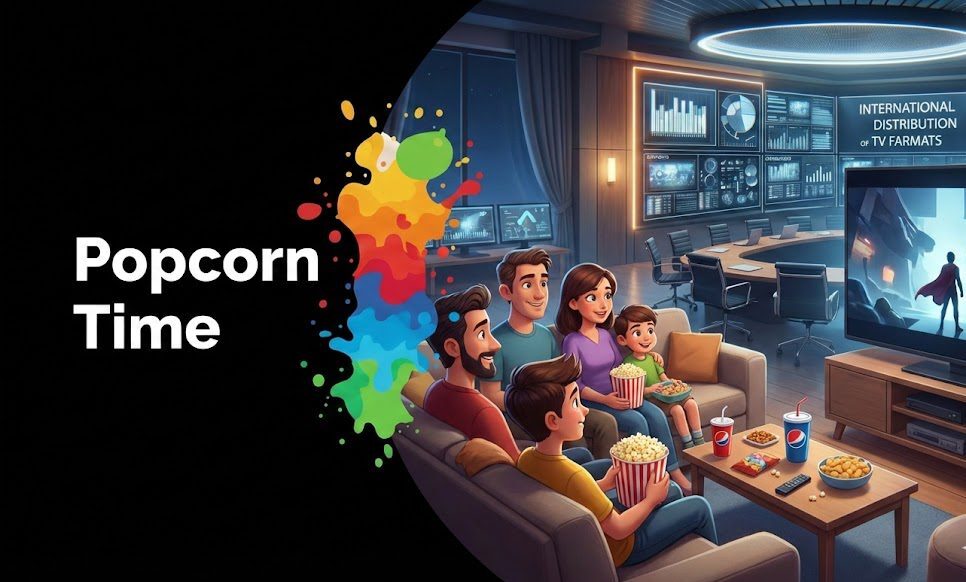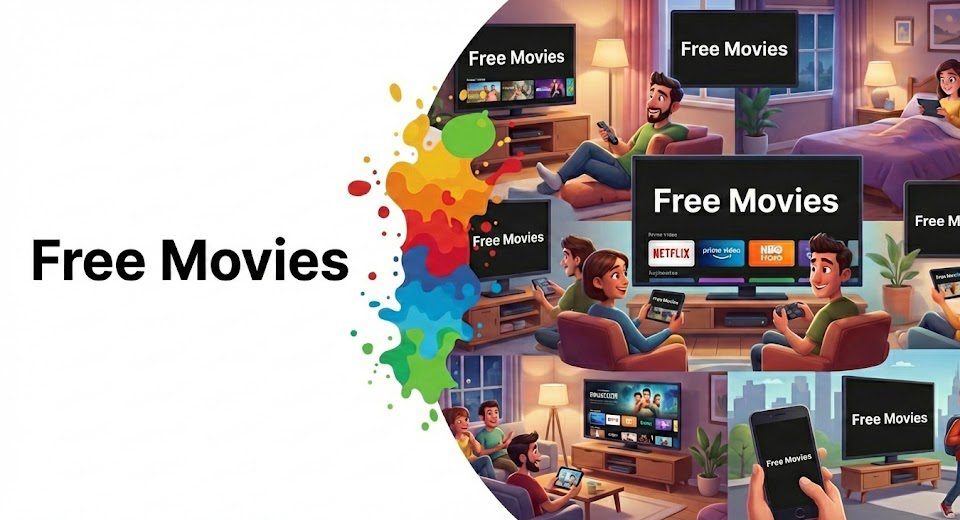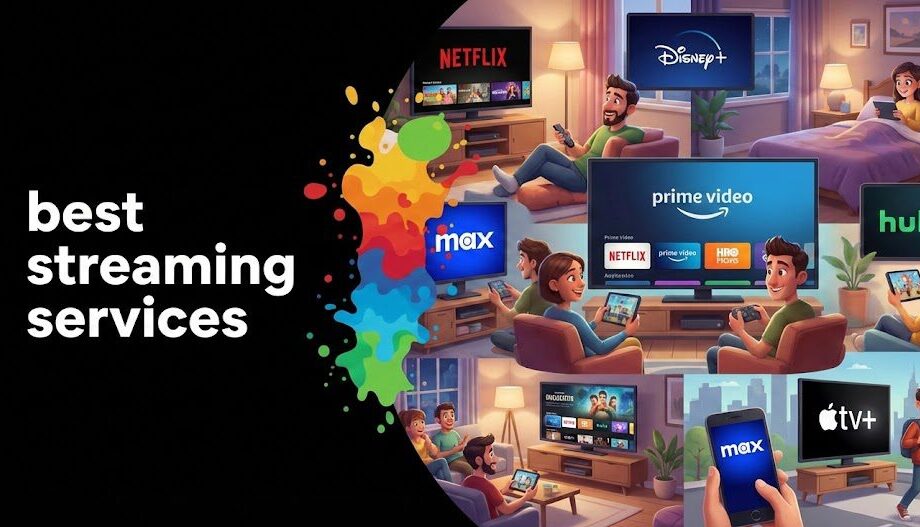Introduction
The entertainment industry is transforming rapidly, and the entertainment supply chain strategy is now more critical than ever. Whether you’re a content acquirer, distributor, producer, or service vendor, your ability to navigate this complex supply chain defines your success. In this article, we’ll take you through everything you need to know—from what this strategy involves, its core components, challenges, opportunities, and how to make your strategy future-ready. Plus, discover how platforms like Vitrina can give you a competitive edge by connecting you with the right partners, projects, and insights across 100+ countries.
👉 Ready to unlock smarter sourcing, content partnerships, and global expansion strategies? Read on—you’ll walk away informed, empowered, and strategically aligned.
Table of content
- Introduction
- What is an Entertainment Supply Chain Strategy?
- Key Components of the Supply Chain Strategy
- Why Entertainment Companies Need a Strategy
- Challenges in Managing Entertainment Supply Chain
- Emerging Trends Shaping the Supply Chain
- Strategies for Optimizing Your Supply Chain
- How Vitrina Helps with Supply Chain Strategy
- Key Takeaways
- FAQs
Supercharge Your Supply Chain Strategy

What is an Entertainment Supply Chain Strategy?
An entertainment supply chain strategy is a structured plan that governs how content moves from concept to consumer—covering development, production, post, localization, distribution, and delivery. It involves choosing the right partners, optimizing resource allocation, reducing time-to-market, ensuring content quality, and maximizing monetization opportunities globally.
Key Components of the Supply Chain Strategy
- Content Development & Acquisition – Identifying the right projects and partners early in the pipeline.
- Production & Post-Production Services – Streamlining creative workflows, timelines, and cost structures.
- Localization & Compliance – Ensuring global content readiness across languages and territories.
- Distribution Channels – Aligning output with streaming platforms, broadcasters, or theatrical release schedules.
- Data & Intelligence – Leveraging market, project, and partner data for informed decisions.
Why Entertainment Companies Need a Strategy
In today’s fragmented, high-stakes entertainment ecosystem, a strategic approach to the supply chain is no longer optional. Companies face:
- Intense global competition
- High content acquisition and production costs
- Shifting audience preferences
- Complex regulatory and localization demands
A well-crafted strategy allows companies to future-proof operations, increase agility, and deliver superior ROI.
Track Every Film & TV Project Worldwide

Challenges in Managing Entertainment Supply Chain
Despite its importance, many companies struggle with:
- Fragmented Vendor Ecosystems – Difficulty identifying and qualifying niche service partners
- Delayed Production Timelines – Inefficient coordination between production and post teams
- Lack of Visibility – Difficulty tracking projects and stakeholders across markets
- Scattered Contact Networks – Unverified exec lists and outdated contact data
Emerging Trends Shaping the Supply Chain
- Decentralized Production Models – Co-productions across multiple geographies
- AI-driven Post and Localization Services
- Data-powered Decision-Making – From predictive analytics to content metadata tagging
- Rise of Niche Content Markets – Growing demand for regional, ethnic, and identity-based content
- Sustainability-First Production Practices
Strategies for Optimizing Your Supply Chain
- Map Out Strategic Vendor Networks – Identify global and niche partners by specialization.
- Integrate Data-Driven Tools – Use platforms that consolidate project metadata, executive contact lists, and production statuses.
- Improve Vendor Qualification – Evaluate partners on parameters like infrastructure, ownership, deals, and project history.
- Leverage Project Trackers – Monitor global content movements and identify collaboration opportunities early.
- Automate Outreach – Streamline partner engagement with verified contacts and mapped departments.
How Vitrina Helps with Supply Chain Strategy
Vitrina is the leading intelligence and outreach platform purpose-built for the entertainment supply chain. Here’s how Vitrina transforms your strategy:
- 🔍 Discover and Qualify Global Partners: Deep profiles of 100,000+ companies across production, post, localization, and distribution.
- 🎯 Target the Right Executives: Verified contacts and mapped departments make outreach faster and smarter.
- 📈 Track Global Film+TV Projects: Get real-time updates and insights on projects in development, production, and release stages.
- 💼 Power Business Development: Source leads, identify co-production opportunities, and monitor competitor projects.
- 🔗 Integrate Seamlessly: Vitrina APIs plug into CRM systems like Salesforce and HubSpot, driving enterprise-level visibility and control.
From global broadcasters like SBS to streaming giants like Netflix and production service leaders like PRG—teams use Vitrina to win smarter and scale faster.
Key Takeaways
- An effective entertainment supply chain strategy is critical to reduce costs, accelerate delivery, and maximize revenue.
- Strategic partner mapping, intelligent data tools, and project tracking are essential pillars.
- Platforms like Vitrina help streamline discovery, qualification, outreach, and business development.
- As markets become more complex, the right strategy can unlock new geographies, genres, and monetization models.
Frequently Asked Questions
It includes every process and partner from content development to final distribution, including production services, localization, and delivery.
Content acquirers, production houses, broadcasters, distributors, post-production and localization vendors.
How does Vitrina help in optimizing the supply chain?








